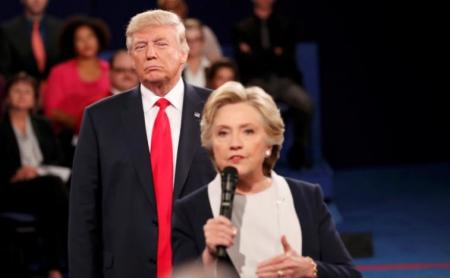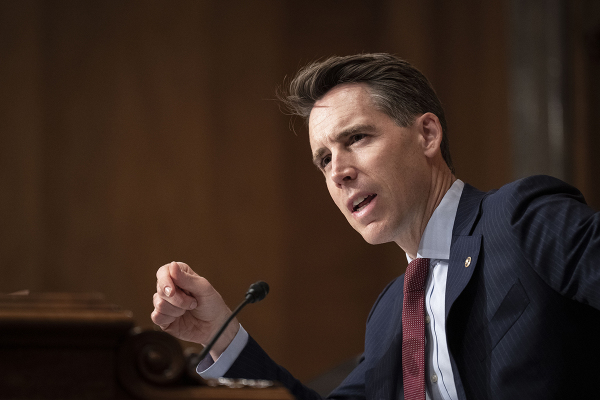4 times Democrats denied election results

3. The 2016 presidential election
The joint session of Congress certifying the 2016 U.S. presidential election resulted in attempts to challenge the electoral votes of several states, including many that Republican Donald Trump won easily.
Rep. Jim McGovern, D-Mass., objected to certifying the nine electoral votes in Alabama, maintaining that “the electoral votes were not, under all of the known circumstances, regularly given and that the electors were not lawfully certified, especially given the confirmed and illegal activities engaged in by the Government of Russia.”
McGovern’s effort to object to the certification of the electoral votes in deep-red Alabama did not pick up any steam because he could not convince a member of the Senate to support his effort. Efforts to object to the electoral votes in other states met the same fate due to their lack of support from members of the Senate. Rep. Jamie Raskin, D-Md., objected to the certification of electoral votes in Florida, while Rep. Pramila Jayapal, D-Wash., objected to the certification of electoral votes in Georgia.
Rep. Barbara Lee, D-Calif., one of the 31 members of Congress who objected to the certification of the electoral votes in Ohio 12 years earlier, tried to raise an objection to the certification of electoral votes in the swing state of Michigan. Rep. Sheila Jackson Lee, D-Texas, another supporter of the effort to reject Ohio’s electoral votes in 2005, unsuccessfully attempted to raise an objection to the certification of the electoral votes in Mississippi.
Jackson Lee and Rep. Raul Grijalva, D-Ariz., tried to challenge the validity of the electoral votes in North Carolina. Jackson Lee did the same for the electoral votes in South Carolina and Wisconsin, while Congresswoman Lee of California tried to challenge the authenticity of the electoral votes in West Virginia, one of Trump’s strongest states in the election. Rep. Maxine Waters, D-Calif., objected to the electoral votes in Wyoming, the state where Trump turned in the strongest performance in the election.
All of the members of Congress who objected to the certification of electoral votes in at least one state in 2017 are seeking reelection this year. The refusal to accept the results of the 2016 presidential election extended beyond the halls of Congress on Jan. 6, 2017.
The late Rep. John Lewis, D-Ga., proclaimed that Trump was not “a legitimate president” during an interview on NBC’s “Meet the Press” in early 2017, citing the concerns about Russian interference in the election. Hillary Clinton, Trump’s opponent in the 2016 presidential election, declared that Trump “knows he’s an illegitimate president” during an interview on “CBS Sunday Morning” in 2019.
Ryan Foley is a reporter for The Christian Post. He can be reached at: ryan.foley@christianpost.com





















